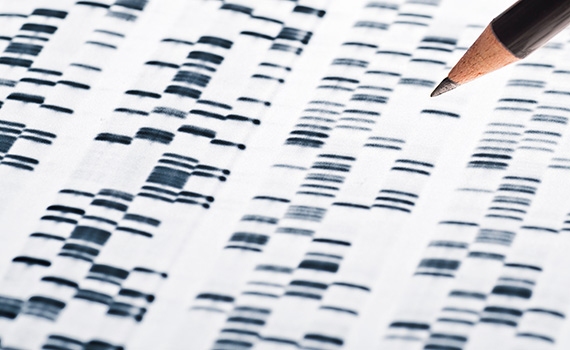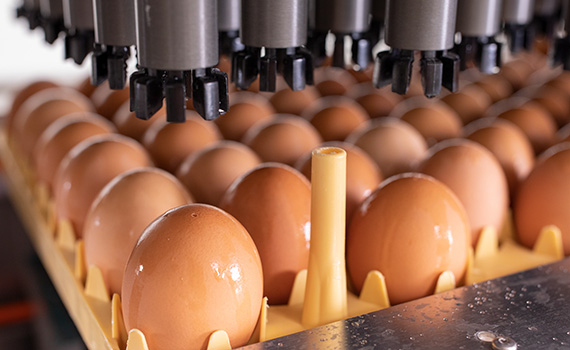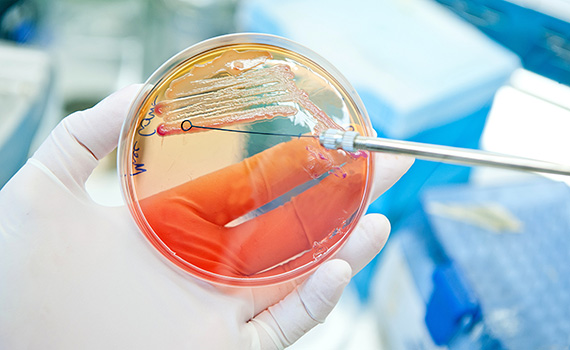Could GM technology produce the next generation of poultry vaccines?

Genetic engineering could unlock a new generation of vaccines that have the potential to tackle major poultry diseases more quickly and effectively, scientists say.
Researchers at the UK’s Pirbright Institute have harnessed genetically modified (GM) technology to develop a vaccine that targets Marek’s disease more accurately and efficiently, reports Poultry World.
And they say the techniques they used to develop it could be replicated to fight other diseases, potentially saving poultry producers millions of dollars every year.
The researchers’ claims came after they created a new technique to edit genes, helping them produce a vaccine for Marek’s disease that can target more strains of the virus that causes it than currently available vaccines.
Existing vaccines for Marek’s disease — which can lead to bird losses of up to 20% — have been developed from turkey herpes virus (HVT), using a complicated technique that does not always produce effective results.
To improve the process, scientists at Pirbright developed a gene-editing technology that allows them to target, cut and edit HVT gene sequences more accurately and easily.
They believe the technique — known as clustered regularly interspaced palindromic repeats — could be replicated to produce a new generation of more effective poultry vaccinations.
Yongxiu Yao, one of scientists behind the project, said: “HVT is widely used in the production of a variety of avian disease vaccines.
“Genetically engineering it in this way has unlocked its potential to protect against all strains of Marek’s disease virus, as well as other dangerous avian viruses such as bird flu, which is also a danger to humans.
“More cost-effective and efficient vaccines will help protect both avian and human health and potentially deliver major social and economic benefits in the UK and across the world.”
Posted on February 16, 2017
 We’re glad you’re enjoying
We’re glad you’re enjoying










